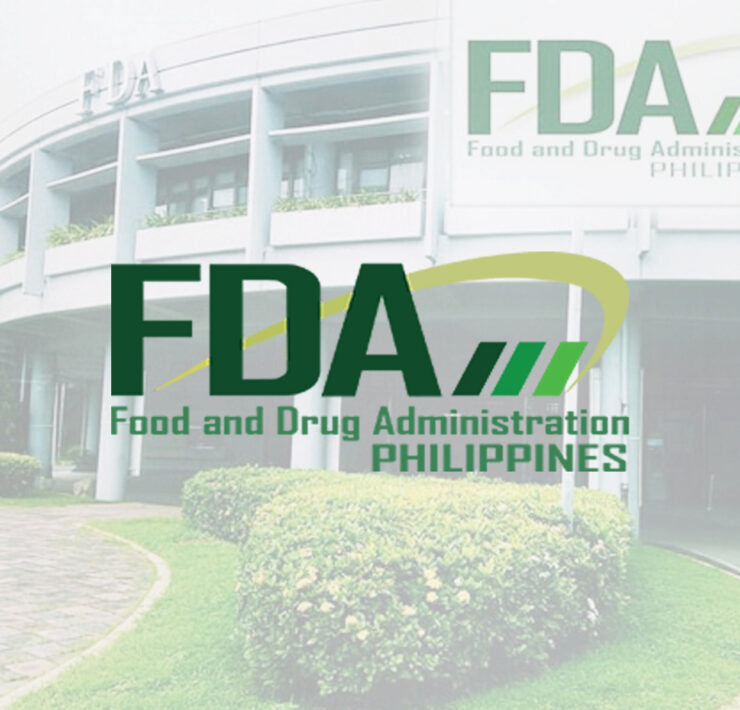Solon wants big pharma to disclose maintenance meds’ side effects

A veteran lawmaker has urged the Food and Drug Administration (FDA) to require pharmaceutical firms to include the adverse side effect warnings on the labels and packaging of their products, particularly maintenance medications for high blood pressure and diabetes.
Surigao del Norte Rep. Robert Ace Barbers made the call after receiving reports of people taking maintenance medicine whose conditions worsened, with some becoming terminally ill.
Barbers said he “received lots of reports that people, who’ve been taking medicine for high blood pressure or diabetes for a long time, were having problems with their liver or kidney and were undergoing dialysis.”
“And ‘big pharma’ and doctors are silent about these developments in our health,” he claimed.
He cited medical reports that indicated adverse side effects of some medicines, which ranged from minor to severe and life-threatening, and varied for each person depending on the patient’s age, gender, body mass index and comorbidities.
“I am no doctor nor a medical expert, but the problem right now is most Filipinos are afraid of or do not like to see doctors to get a checkup or a prescription because of the expensive fees,” Barbers pointed out, adding:
“Some people who are sick just copy and take the medication prescribed to a patient with a similar condition as them, particularly for high blood pressure and diabetes.”
He explained that this was the reason why health problems worsened for some Filipinos. “Nobody explains the possible adverse side effects of the medicine, mostly maintenance drugs for high blood pressure or diabetes, that they are taking,” said Barbers.
The lawmaker noted that among medicines with reported adverse side effects and easily available on the market were painkillers; chemotherapy medicine for different types of cancers; statin drugs, which lower cholesterol, for the treatment of high blood pressure; antibiotics; and biguanides or metformin, oral diabetes medication.
Barbers cited the practice of health authorities’ policy of requiring public warnings on the dangers of tobacco use on the packaging of cigarette and other nicotine products as well as the Department of Energy’s plan to compel car makers to provide “fuel economy labels” on vehicles they would be selling.
“If cigarettes and cars have those kinds of labels, there should also be warning labels about the adverse side effects of pharmaceutical products, particularly those we ingest or inject in the body. And doctors should inform their patients of these things,” he emphasized.




















